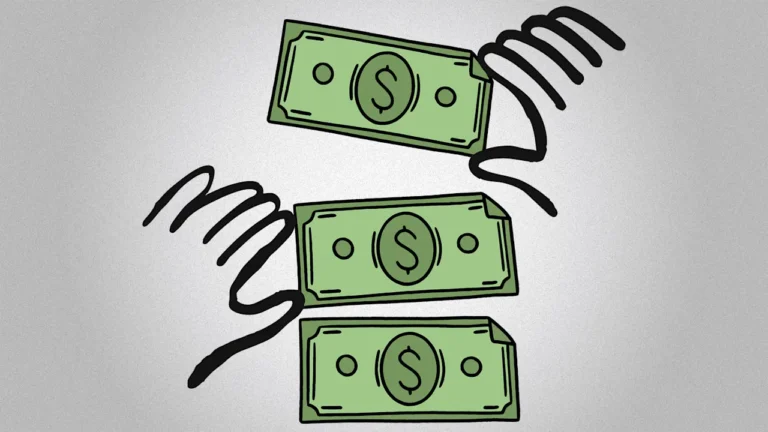Courtesy of Kelly Kanaras
- Since he had two strokes, I’ve experienced a complete role reversal with my father.
- I visit him multiple times a week, but he still tells people he gets lonely.
- My father always put his family first. I’m happy I can show up for him and give back now.
The appointment with my dad’s financial advisor was late one Friday morning. The day had already been hectic with work issues cropping up, so I was running late. Being late makes me cranky.
Then my dad needed to stop at the ATM, and the person in front of us must have been applying for a mortgage based on how long they took. That made us even later, and my crankiness ramped up another notch.
We met my brother there, and the three of us were ushered into a conference room. As we sat at the table, my dad’s financial advisor asked how he was doing. My dad responded, “I get lonely. It’s just me and the cats all the time.”
I couldn’t help myself, my mouth dropped open, and before I could stop myself, I blurted, “Are you freaking kidding me? I’m at your house three to four times a week!”
My dad was always active, until he couldn’t be
Though still fairly independent, my 82-year-old dad needs help with chores and can’t drive anymore. He had his first stroke last October, one day before the one-year anniversary of my mom’s death. He had his second major stroke in mid-December.
This is a man whose discipline and activity level has always impressed me. When he was still teaching high school, he’d wake up before sunrise to jog before work. Later in the day, he’d walk his dogs for miles, even into his 70s. He bought a treadmill for his basement and, when told he was losing bone density, got himself a universal weight machine for strength training.
Now, post-stroke, he can’t drive, use the stairs, or walk through Costco without getting tired. In those moments, his independence was stripped away, and watching that decline has been gutting.
Courtesy of Kelly Kanaras
I’ve taken on a lot of extra responsibilities for him
Each week I’m at his house on Monday to take out trash, clean the pool skimmers, add chlorine, and get his mail. On Wednesday I handle pool maintenance again. On Saturday we always get an éclair from our local Pennsylvania Dutch Farmers Market and go grocery shopping. Sometimes we sit in his living room and chat afterward, or sit on the deck soaking up sun.
Beyond those errands, I also take him to doctor’s appointments and pick up his prescriptions.
There’s comfort in doing these things for him — I’ve always been a caretaker at heart. But it’s bittersweet, too, because I see the contrast: a man who once jogged at dawn now sometimes struggles to get out of a chair.
Courtesy of Kelly Kanaras
It’s hard having to tell him what to do now
The shift hasn’t only been physical. My dad was an assistant principal. Growing up, his word was law. You didn’t argue with him. Now he has to adjust to my brother and me giving him instructions: don’t get in the pool without one of us here, don’t drive, don’t go down the basement stairs. That’s been an adjustment for me, too. I couldn’t imagine correcting my dad about anything when I was younger. It’s a complete role reversal.
Is it easy to take care of an aging parent? Not always. Life becomes a balancing act, squeezing new responsibilities into an already hectic schedule. I still get cranky sometimes, and I definitely feel stretched thin. But when I stop and think about it from his side, the picture shifts. He looks at a pool he can’t swim in, a car he can’t drive, stairs he can’t take. He’s told me how frustrating it is to lose the independence he once had.
So when my patience runs low, I try to remember that. And then I’m thankful I still get to show up for him, and to give back to a man who always put his family first — even if he is still micromanaging my route to the grocery store.


